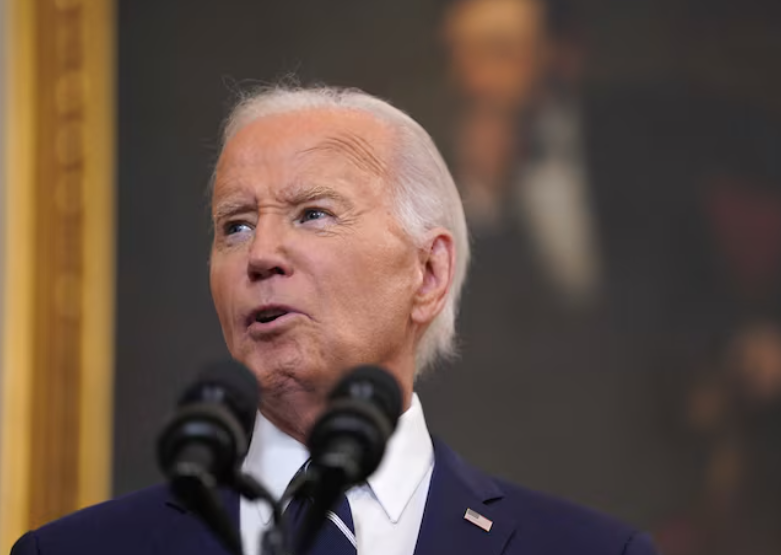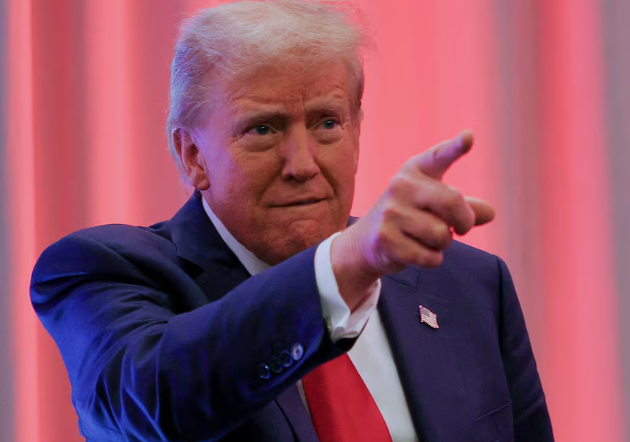In a move that could mark a dramatic escalation in post-presidency accountability, President Donald J. Trump on Wednesday, June 4, signed a Presidential Memorandum ordering a formal investigation into former President Joe Biden’s use of executive powers, raising urgent constitutional questions about who actually exercised presidential authority during Biden’s final years in office.
The memorandum authorizes a sweeping review of actions taken during Biden’s presidency, including whether key executive decisions were made without his full awareness or consent—and whether advisors or aides may have overstepped their constitutional roles in guiding the nation.
The Biden Autopen Controversy

At the heart of the review is the frequent use of an autopen, a mechanical device used to sign official documents on behalf of the president. While previous administrations have used the tool sparingly, the Trump White House now claims that the majority of Biden’s presidential directives in his final two years were autopen-signed, raising doubts about their legitimacy.
“The authority to take these executive actions is constitutionally reserved for the President,” the White House statement reads. “Yet the Biden White House used an autopen to execute the vast majority of Biden’s executive actions.”
One of the most explosive claims points to the December 2024 commutations of dozens of federal death row inmates—including convicted mass murderers and child killers—which Trump’s office suggests were signed via autopen and questions whether Biden was fully aware of the implications.
Mental Fitness and Public Trust
The memorandum also revives long-standing concerns about Biden’s mental acuity, citing reports of his cognitive decline that became headline news after a damaging Department of Justice finding in 2024, which declared him unfit to stand trial in a classified documents case due to memory issues.
Trump’s directive cites “credible evidence” that Biden’s inner circle shielded him from public view, orchestrated scripted interactions with lawmakers and donors, and continued to push policy despite his “incompetent mental state.”
“Who ran the autopen? Because the things that were signed were signed illegally, in my opinion,” Trump said in a public statement. “We’re going to find out whether or not he knew what the hell he was doing.”
The Constitutional Stakes
If the investigation finds that others in the executive branch were effectively acting as the president without the constitutional authority to do so, it could trigger a historic reckoning in American political history. Legal scholars warn that such findings could undermine hundreds of executive actions, including judicial appointments, pardons, and domestic policy decisions.
Biden’s administration was known for its robust pace of executive activity—over 1,200 presidential documents issued and 235 federal judges appointed—numbers that now may come under scrutiny regarding their legal standing.
A Clear Contrast in Presidential Access
Trump’s White House emphasized that the current president is taking a dramatically different approach by conducting open signing ceremonies, positioning himself as “the most-accessible President in modern history.” The fact sheet draws an implicit contrast with what it describes as the “hidden presidency” of Joe Biden.
As the investigation proceeds, the implications are profound—not only for Biden’s legacy but also for future interpretations of executive legitimacy and presidential accountability.
While no official comment has been issued yet by President Biden or his former aides, the months ahead may reveal what was really happening inside the Oval Office during the twilight of his presidency—and whether the autopen was a symptom of something far more consequential.

